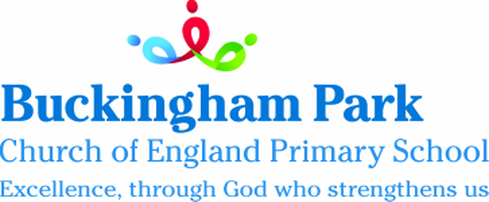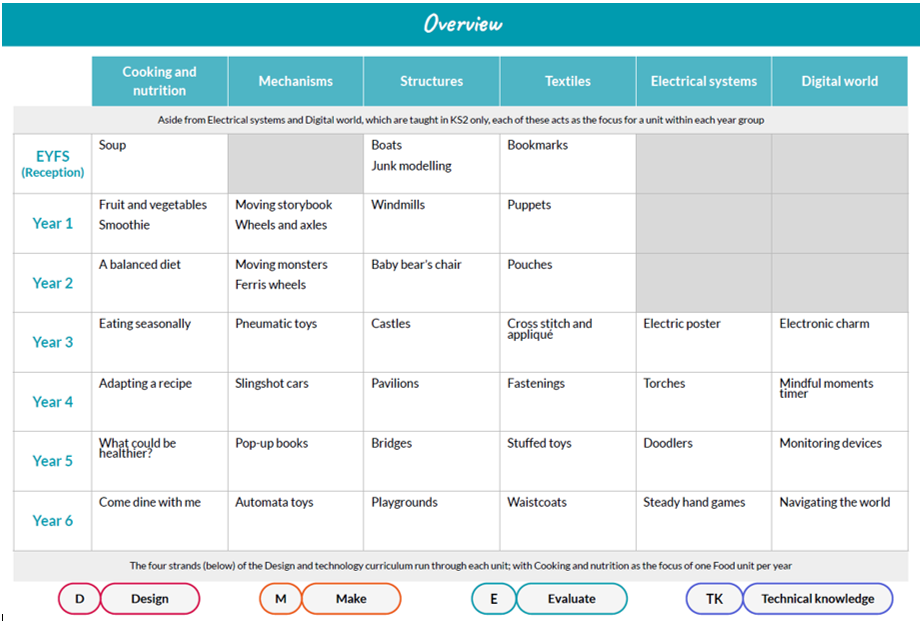Design and Technology
At Buckingham Park Church of England Primary School it is important that every member of the school community feels valued and respected, and that each person is treated fairly and well. We are a caring community, built on a clear Christian foundation and rooted in Christian values. We aim to provide the highest quality all round education, for each and every child, in partnership with parents, within the context of a Christian community. In short, ‘Excellence, through God who strengthens us’.
All school policies are therefore designed to support the way in which all members of the school can live and work together in a supportive way. It aims to promote an environment where everyone feels happy, safe and secure.
The school has a set of values that are based on Jesus’ Sermon on the Mount. These are a means of promoting good relationships, so that people can work together with the common purpose of helping everyone to learn. These values are displayed below and permeate everything we do:
All school policies are therefore designed to support the way in which all members of the school can live and work together in a supportive way. It aims to promote an environment where everyone feels happy, safe and secure.
The school has a set of values that are based on Jesus’ Sermon on the Mount. These are a means of promoting good relationships, so that people can work together with the common purpose of helping everyone to learn. These values are displayed below and permeate everything we do:
We are kind, helpful and polite
We do our best
We are honest
We share
We are peacemakers
We forgive others
We take care of everything, and everyone
We do our best
We are honest
We share
We are peacemakers
We forgive others
We take care of everything, and everyone
Intent
At Buckingham Park as we strive towards excellence through our Christian school values we believe that design and technology (D&T) is a vital and integral part of children’s education. We use the Kapow Design and technology scheme of work which aims to inspire learners to be innovative and creative thinkers who have an appreciation for the product design cycle through ideation, creation, and evaluation. The scheme enables learners to develop the confidence to take risks, through drafting design concepts, modelling, and testing and to be reflective learners who evaluate their work and the work of others. Through the teaching of D&T we aim to build an awareness of the impact of design and technology on our lives and encourage our learners to become resourceful, enterprising citizens who will have the skills to contribute to future design advancements.
The Kapow scheme of work enables learners to meet the end of key stage attainment targets in the National curriculum and the aims also align with those in the National Curriculum. EYFS (Reception) units provide opportunities for pupils’ to work towards the Development matters statements and the Early Learning Goals.
The Kapow scheme of work enables learners to meet the end of key stage attainment targets in the National curriculum and the aims also align with those in the National Curriculum. EYFS (Reception) units provide opportunities for pupils’ to work towards the Development matters statements and the Early Learning Goals.
Implementation
Aims
- Develop the creative, technical and practical expertise needed to perform everyday tasks confidently and to participate successfully in an increasingly technological world
- Build and apply a repertoire of knowledge, understanding and skills in order to design and make high-quality prototypes and products for a wide range of users
- Critique, evaluate and test their ideas and products and the work of others
- Understand and apply the principles of nutrition and learn how to cook (primarily met by teaching units from our cooking and nutrition key area)
Units of lessons are sequential, allowing children to build their skills and knowledge, applying them to a range of outcomes. The formal elements, a key part of the national curriculum, are also woven throughout units. Key skills are revisited again and again with increasing complexity in a spiral curriculum model. This allows pupils to revise and build on their previous learning. Units in each year group are organised into six key areas:
● Cooking and nutrition
● Mechanisms/ Mechanical systems
● Structures
● Textiles
● Electrical systems (KS2 only)
● Digital world (KS2 only)
Our Progression of skills and knowledge shows the skills that are taught within each year group and how these skills develop to ensure that attainment targets are securely met by the end of each key stage.
Lessons incorporate a range of teaching strategies from independent tasks, paired and group work including practical hands-on, computer-based and inventive tasks. This variety means that lessons are engaging and appeal to those with a variety of learning styles. Differentiated guidance is available for every lesson to ensure that lessons can be accessed by all learners and opportunities to stretch learning are available when required. Knowledge organisers for each unit support pupils in building a foundation of factual knowledge by encouraging recall of key facts and vocabulary.
Frequency
At Buckingham Park School D&T lessons will usually take place weekly, although there will be discretion for teachers to complete a unit as a ‘block’ when appropriate.
Coverage of the Kapow units by all classes (Year 1-6)
Impact
The scheme of work has been designed as a spiral curriculum with the following key principles in mind:
• Cyclical: Pupils return to the key areas again and again during their time in primary school.
• Increasing depth: Each time a key area is revisited it is covered with greater complexity.
• Prior knowledge: Upon returning to each key area, prior knowledge is utilised so pupils can build upon
It is expected that children will:
• Understand the function and properties of a range of materials and resources
• Understand how to use and combine tools to carry out different processes for shaping, decorating and manufacturing products
• Build and apply their skills, knowledge and understanding to produce high quality, innovative outcomes including, models, prototypes and products to fulfil the needs of users, clients and different scenarios
• Understand and apply the principles of healthy eating, diets and recipes including key processes, food groups and cooking equipment
• Have an appreciation for key individuals, inventions and events in history and of today that impact our world
• Recognise where our decisions can impact the wider world in terms of community, social and environment issues
• Self-evaluate and reflect on learning at different stages and identify areas to improve
• Cyclical: Pupils return to the key areas again and again during their time in primary school.
• Increasing depth: Each time a key area is revisited it is covered with greater complexity.
• Prior knowledge: Upon returning to each key area, prior knowledge is utilised so pupils can build upon
It is expected that children will:
• Understand the function and properties of a range of materials and resources
• Understand how to use and combine tools to carry out different processes for shaping, decorating and manufacturing products
• Build and apply their skills, knowledge and understanding to produce high quality, innovative outcomes including, models, prototypes and products to fulfil the needs of users, clients and different scenarios
• Understand and apply the principles of healthy eating, diets and recipes including key processes, food groups and cooking equipment
• Have an appreciation for key individuals, inventions and events in history and of today that impact our world
• Recognise where our decisions can impact the wider world in terms of community, social and environment issues
• Self-evaluate and reflect on learning at different stages and identify areas to improve


